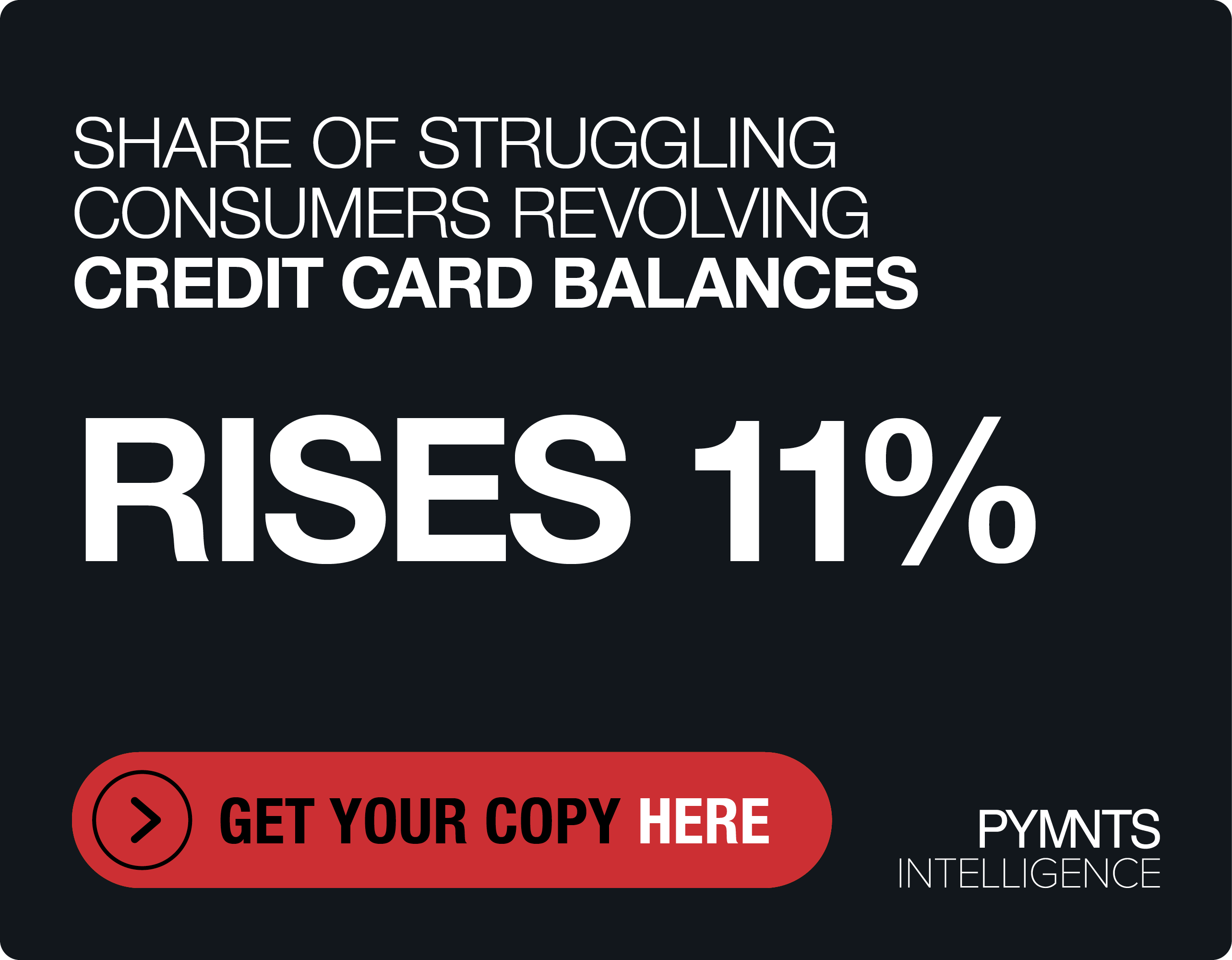Today in the Connected Economy: Meta, Verizon, Team up to Study the Metaverse

Today in the connected economy, Meta and Verizon announce plans to study the metaverse — where they might discover CVS, setting up its virtual pharmacy.
Meanwhile, security firm ADT wants to extend its home protection services to automotive and mobile applications, and last-mile delivery service Tortoise launches a fleet of mobile vending machines in seven cities.
Verizon, Meta Partner to Explore 5G-Enabled Metaverse Opportunities
Saying the metaverse will be the next evolution of the internet over the next 10 years, Verizon is teaming up with Meta to explore both the uses cases of the metaverse and the infrastructure that will make them happen.
“Over the next decade, the metaverse will create virtual spaces that are more immersive and realistic than ever before, providing people with new ways to connect across work, home and play,” Rima Qureshi, EVP and chief strategy officer at Verizon, said during Verizon’s Investor Day 2022 event.
To understand what’s needed to deliver those connections, the partnership will study Verizon’s 5G Ultra Wideband network and mobile edge computer (MEC) capabilities along with Meta’s technologies.
CVS Aims To Be First Pharmacy in the Metaverse
CVS has filed with the U.S. Patent Trade Office for a trademark to sell virtual goods and NTFs — and provide healthcare services — in the virtual world.
The filing says CVS wants to trademark its logo and launch an online store, while also selling downloadable virtual products that include “prescription drugs, health, wellness, beauty and personal care products.”
In addition, CVS says it wants to bring the health services it offers in its stores to the virtual setting, such as “non-emergency medical treatments services, wellness programs, advisory services related to nutrition, health lifestyle and nutrition services … and counseling.”
ADT Extends its Connected Security to Mobile, Automotive Applications
Security firm ADT has been working to extend its subscription-based services beyond the home and into automotive and mobile phone-based safety initiatives.
During its investor day event this week, company executives outlined a number of ways in which the company has reshaped and strengthened its portfolio. Among the more recent initiatives are automotive and mobile.
“As we craft our longer-term vision, we’re looking beyond the home, and it’s important for us to talk about the extension into providing safety and security for people — wherever they are,” said Leah Page, vice president, emerging business and mobile at ADT.
Olo, Radar Team on Restaurants’ Digital Order Fulfillment
Restaurant-focused on-demand commerce platform Olo has launched an integration with geofencing company Radar to enable trip-tracking capabilities that will boost digital order fulfillment and the off-premises experience for restaurant brands and their customers.
“With digital ordering as prominent as ever, we are constantly looking for opportunities to further improve the [off-premises] experience — to make it faster, more efficient and more convenient,” said Noah Glass, founder and CEO at Olo.
“Consumer demand for order ahead and curbside pickup is here to stay, and brands that maximize output while optimizing the consumer experience will gain a significant competitive edge,” he said
Last-Mile Delivery Firm Tortoise Turns to Mobile Vending Machines
Tortoise, a company that offers robotic solutions for last-mile delivery for grocery and general retail, is turning its attention to providing automated mobile shops that function somewhat like roving vending machines with the launch of its Mobile Smart Stores.
“We kept seeing this funny thing happen in all of our deployments, which was, when a robot was parked at a store or on a corner waiting across the road, people would walk up to them and start talking to the robot and expect to be able to interact with it,” Tortoise CEO Dmitry Shevelenko said. “When we surveyed them afterwards, what those people all said was, ‘Oh, we thought we could buy something from the robot,’ and as is often the case, your customers are a lot wiser than you are.”
The launch comes with 18 food and convenience retail customers already on board, including virtual kitchen companies Reef and Nextbite and United Kingdom’s ultrafast grocer Jiffy. These Smart Stores will launch in a wide range of areas in the coming months including New York City, Los Angeles, Chicago, Denver, Dallas, San Diego and London.
